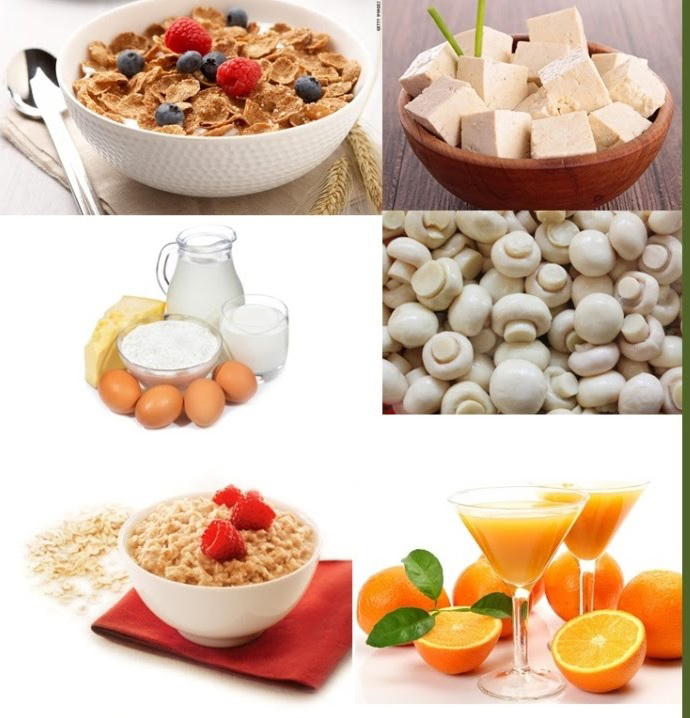You probably know that vitamin D plays a role in the health of your bones and your immune system, along with reducing the risk of heart disease, cancer, diabetes, and multiple sclerosis.

What you might not know, though, is that an impressive number of studies have shown that people who have a high amount of the vitamin in their bloodstream have less fat, more muscle, and more strength.
Less fat
Scientists at Purdue University wanted to know if overfed rats would fatten up less quickly if they were given extra vitamin D and calcium in their food. Half of the rats were given a lot of sugar and the other half were given a lot of dietary fat.
Further, half of the rats in each group got a sub-optimal amount of vitamin D and calcium while the other half got supra-optimal amounts of vitamin D and calcium.
When supra-optimal amounts of calcium and vitamin D were added to their feed, the rats started to eat more, but the rats got thinner instead of fatter.
The scientists theorized that the combo of vitamin D and calcium amped up the fat-burning capability of their mitochondria, along with increasing the production of insulin receptors.
More muscle
Nutritionists at Mahidol University in Thailand conducted a study on 163 overweight men and women. They found that subjects with higher levels of vitamin D had more muscle and a lower percentage of fat, which they theorized was caused by vitamin D’s suppressive effects on the myostatin gene (the more you suppress myostatin, the more muscle you grow).
Stronger
A report conducted by British sports scientists compiled the results of six previous studies that analyzed vitamin D’s effects on human strength.
The studies comprised 370 men and women between the ages of 18 and 40 who had taken about 4,000 IU of vitamin D every day. Across the board, the vitamin D users exhibited more strength in the leg press, chest press, bench press, and other measures of strength.
Lastly, there is the sun. It is well known that you get vitamin D from sunlight. However, there are several foods that you can get the sunshine vitamin (as it is called) from. These include salmon, tuna, sardines, oysters, cow’s milk, egg yolks, soy milk, orange juice, mushrooms, cereals and oatmeal. A lot of these foods are also high in calcium, which adds weight to the experiment done with the rats.
Despite this, some people still need to take a vitamin D supplement. Between 1,000 and 4,000 international units a day should do the trick, but you would need a blood test to really know for sure if you are getting enough. A blood value of 50 ng/ml is considered adequate for health, but for fat-burning and muscle-building purposes, shoot for something around 70 to 85 ng/ml.





